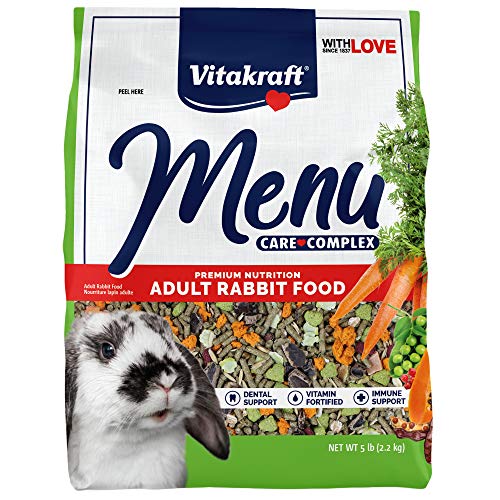ra7751 wrote:
And as far as cats....unless your vet is on another planet....a cat is the absolute nastiest animal in the world. Their mouth is full of bacteria....including very nasty strains of pasteurella. Check with any wildlife rehabilitator and you will find that a cat bite...even a small nick of a tooth....introduces such a huge amount of bacteria (mostly pasteurella) that any small neonate such as a rabbit or squirrel....and birds....will die within 48 hours from that bacteria from a cat...many times even if we get antibiotics started immediately. A cat if filthy. Want additional proof? Call your personal human doctor and ask him/her if a dog or cat bite is more serious and which passes the most harmful bacteria.
Randy
While I may not know rabbits as well as you; I do know cats and dogs...and while your specific commentrelated tocatsposted above is not totally inaccurate you make it sound (at least to me)as if those of us who have both cats and "any small creature" living together,should run for their lives and seperate them as if cats had venom coursing through their veins.
There is nothing wrong with the information you gave, yes, cats do have a mouth full of bacteria. But please consider that someone out there may be totally new to the world of cats, and it is not a fact thatsmall neonates WILL die (as you suggest) within 48 hours of being biten by a cat simply because of the bacteria that a cat has in its mouth. Consider that if a catgets hold of acreature smaller than itself (especially a wild creature), for example,in such a small creature there isas muchof a chance that this animal is going to succumbfirst to something other thanthe bacteriafrom the cats mouth. Just the trama/fear associated with being attacked/mauled by a cat (or a dog for that matter)can kill a squirrel or bird, especially in my experience.There need not be any broken skin, or the tinest of scratches. Also consider that small neonates are more likely to suffer internal injuries that are not easily detected (even by a vet)and they may linger for 48 hours before succumbing to internal injuries.
I have rescued and attended to a "multitude" of cats and dogs....(birds and squirrels)with a variety of medical conditions. I have been biten, scratched and been forced into situations where it would have been "wiser" for me to practice the handling of these animals with a little more caution. But hind sight being what it is, I can tell you that I have never suffered much beyond a red, irritated looking wound that with common sense treatment (proper cleaning and application of antibacterial ointment)didn't result in proper healing. I am aware that some humans (especially children, pregnant womenand older individuals whose immune systems may not be at their peek performance) should practice a little more caution handling cats; but this is for any number of reasons BESIDES the fact that the cats mouth is filthy.
The same is true when treating any creature that suffers a bite or scratch from a cat. Seldom when I worked at the vet did we jump to give antibiotics to an animal that had just been mildly biten byotherwise "healthy"cat. Small wounds seldom required a course of antibiotic treatment as long as the wounded animal hadn't been setting out in the heat and suffered from "other" more serious encounters with flies.
Now, for example, if the cat that bit the animal/human was a known feral, had never been vaccinated, lived out of a garbage can or killed rodentsto survive there would be a higher chance that a course of antibiotic treatment would be perscribed for safety sake. But that would be the same case with a dog bite....and in both humans and other domestic animalsthe least of your worries is pasturella when you've been biten by a stray, uncared for, starving cat OR dog I assure you. There are other illnesses far worse that can be picked up from the bite of a stray cat or dog other than pasturella depending on the human/creature having been biten.
I appreciate that you were venting. But I too dispair when information is given (or lack there of), especially by one who seems to be highly regardedfor the information they give.
You have to use common sense and not ignore any wound (big or small)from any animal wild, domestic or other.Saying that cats are "filthy" in context with what this topic is actually about is in my opinion quite harsh, and misleading. Especially to those who have no experience.









































































